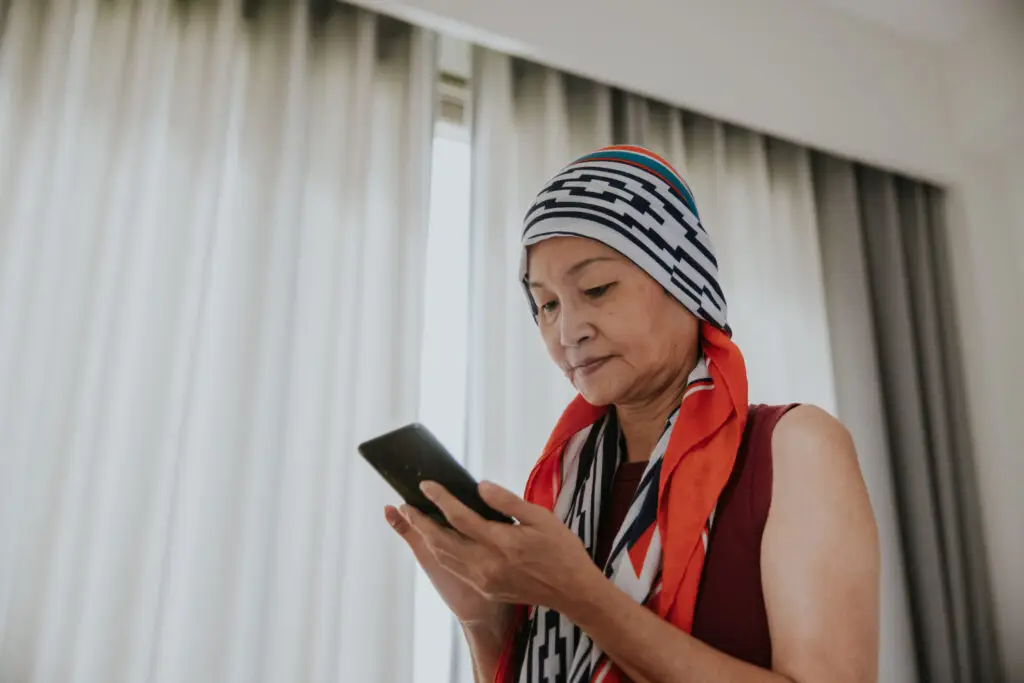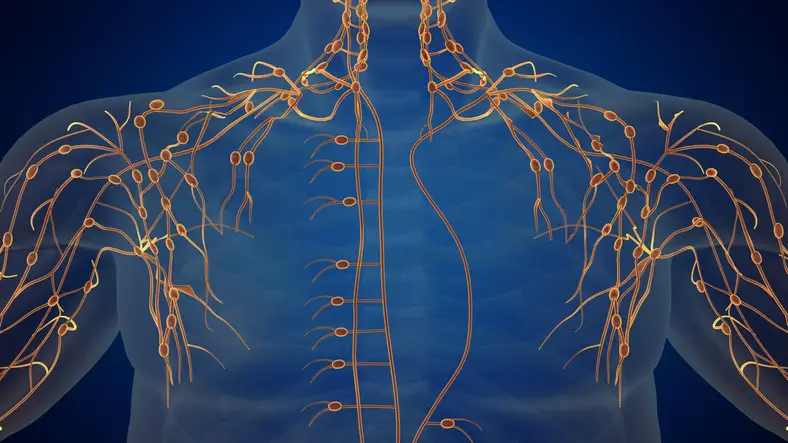Breast cancer treatment has had remarkable advancements in recent years, transforming patient care and outcomes. Today, when new therapies are being developed, researchers not only focus on treating the disease but also consider your overall well-being. This shift to considering the holistic patient experience is encouraging; however, it’s important to note that treatment options will likely always come with some level of side effects, which can significantly impact your quality of life. Understanding these side effects and having a plan for how to address them is crucial. It empowers you to make informed decisions about your treatment choices and prepares you to manage any complications of those therapies effectively.
- Chemotherapy
Chemotherapy is a breast cancer treatment that employs medicines to target and destroy cancer cells. It’s most often systemic, affecting your entire body. While effective in combating cancer, chemotherapy can cause side effects like fatigue, mouth sores, hair loss, and nausea. Common side effects include fatigue, hair loss, and nausea. To prepare for these, you can arrange support for your daily tasks, explore wigs or head coverings if desired, and discuss anti-nausea medications with your healthcare provider.
Evidence-based guidance powered by NCCN Guidelines®
Personalized treatment plans shaped by the latest oncology standards—tailored to your diagnosis.
Get started
View your personalized treatment plan in the Outcomes4Me app
Use your diagnosis to unlock personalized NCCN Guidelines®-aligned recommendations.
Continue in app
- Surgery
Surgical options include removing the tumor through mastectomy or lumpectomy. Breast reconstruction is an option after the surgery to remove your tumor but going “flat” is a valid choice too. Surgical risks can be serious including infection and lymphedema, but it remains a cornerstone of breast cancer treatment.
- Hormone Therapy
Endocrine or “hormone” therapy for breast cancer, while effective in managing the disease, can bring a range of side effects, including those impacting sexual health. Common side effects include hot flashes, mood swings, fatigue, insomnia, and vaginal dryness, which can affect sexual well-being and libido. Don’t be afraid to discuss openly with your medical team, who may suggest vaginal lubricants for dryness, recommend lifestyle changes like regular exercise to boost energy levels, and possibly prescribe medications to alleviate specific symptoms like hot flashes.
- Targeted Therapy
Targeted therapy focuses on specific characteristics of cancer cells, such as protein receptors or gene mutations. This precision often means fewer side effects compared to chemotherapy but it isn’t void of them completely. Targeted therapies can cause skin problems like rashes and other changes, as well as more severe reactions such as fever, chills, weakness, nausea, vomiting, diarrhea, headaches, difficulty breathing, and heart-related issues. Monitoring and reporting any changes to your healthcare team is vital.
- Radiation Therapy
Radiation therapy uses high-energy rays to destroy cancer cells. Its side effects can range from fatigue to more long-term issues like the stiffness and soreness that can persist for a long time. As one Outcomes4Me community member shared, “I wasn’t prepared for the long-term side effects of radiation therapy. I am two years out from finishing treatment and I still have stiffness and soreness where I was radiated. It is unsettling, and I wish I would have been better informed on what to expect.” See more common radiation side effects on our blog.
- Emotional and psychological support
The emotional toll of breast cancer treatment is significant. Seeking support from counseling, support groups, or online communities, like the Outcomes4Me app, can provide immense relief and coping strategies.
Making the best treatment decisions for your breast cancer and then enduring them requires strength, resilience, and knowledge. Being well-informed empowers you to take an active role in your treatment decisions and in developing a plan to effectively manage the side effects.
Dive into a wealth of information about your breast cancer treatment possibilities and anticipate side effects with greater understanding. Use the app’s intuitive symptom tracking tool to effortlessly monitor your health and communicate more effectively with your healthcare team. Plus, don’t miss the chance to connect with our supportive Outcomes4Me community. Here, you can gain priceless advice and encouragement from others who share your experiences. Together, we can navigate the complexities of breast cancer treatment and emerge stronger.
Personalized support for real care decisions
Understand your diagnosis, explore clinical trials, and track symptoms--all in one place.
Get started
Compare treatments, prepare for appointments, and track side effects—all in the app
Built for your diagnosis, Outcomes4Me gives you the tools to make confident, informed decisions—right when you need them.
Continue in app






